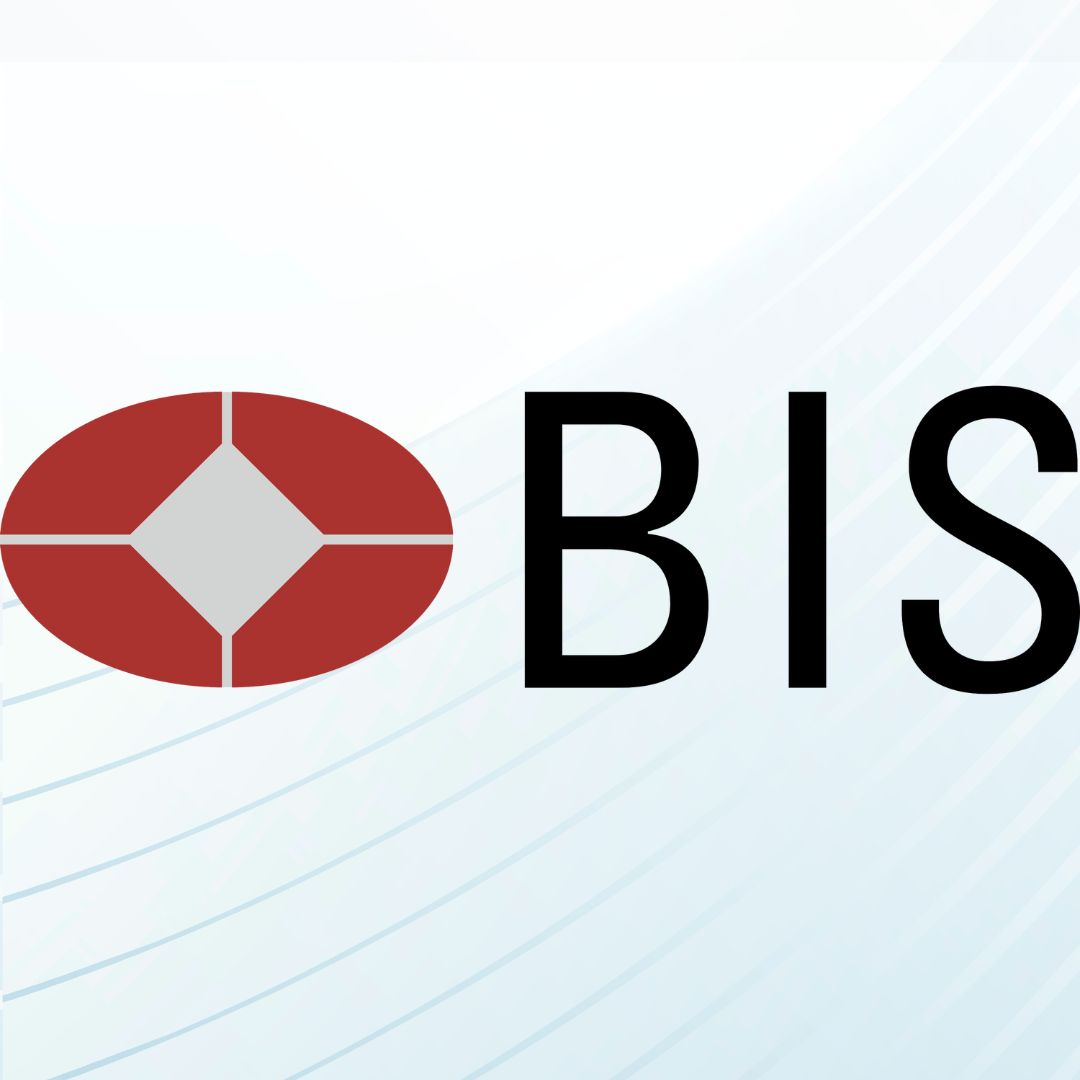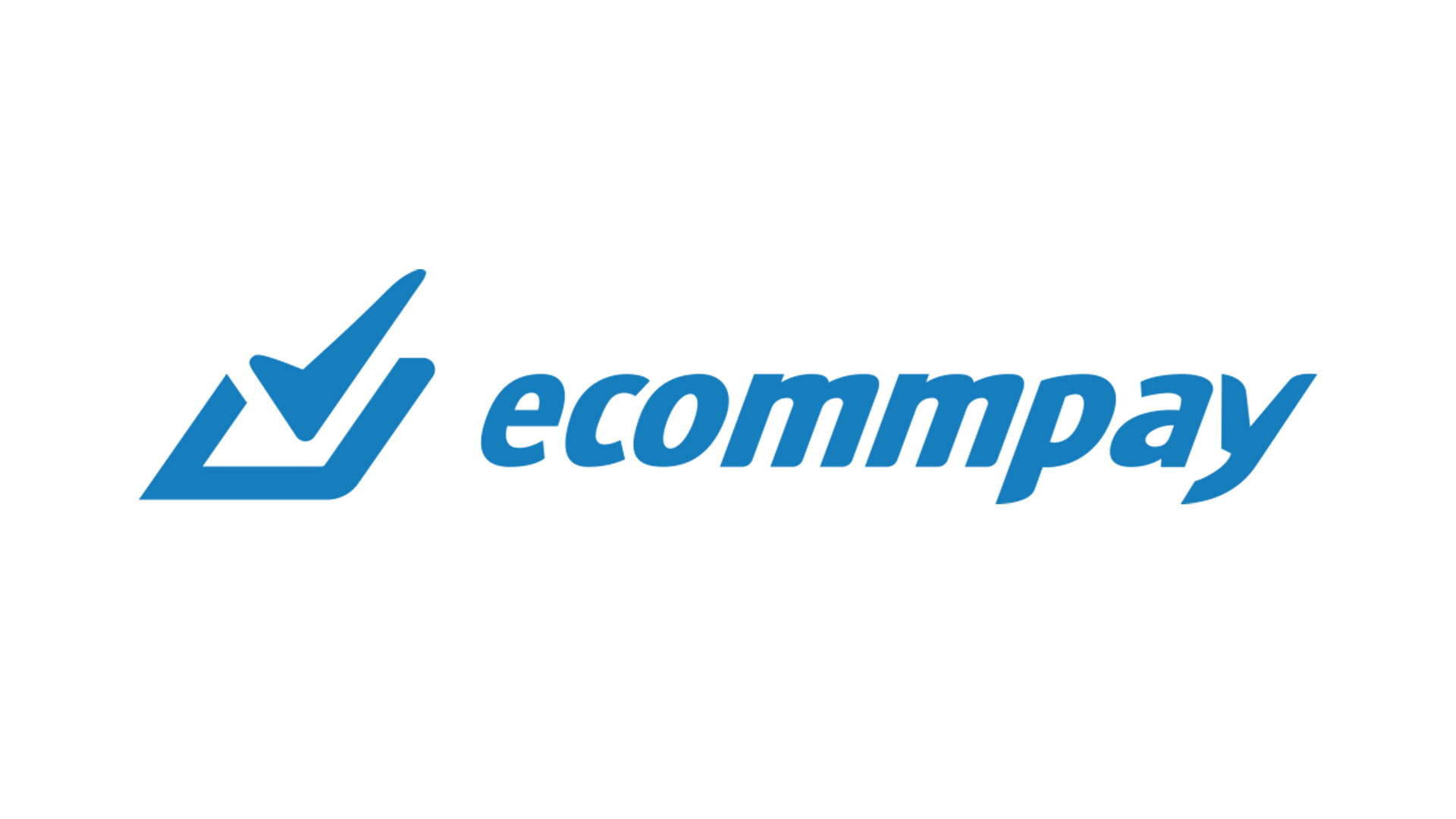
Nexus is a BIS Innovation Hub project that seeks to enhance cross-border payments by connecting multiple domestic instant payment systems (IPS) globally.
It is the first BIS Innovation Hub project in the payments area to move towards live implementation. BIS to play advisory role as Project Nexus sets up operational scheme and opens to potential new participants across the globe.
BIS will facilitate central banks and IPS operators of India, Malaysia, the Philippines, Singapore and Thailand as they work towards live implementation in the next phase, with Bank of Indonesia as special observer.
The Bank for International Settlements (BIS) and partners today announced that they have completed the comprehensive blueprint for phase three of Project Nexus, which will allow ready participants to work towards the next stage of seamlessly connecting their instant payment systems.
Phase four will see Bank Negara Malaysia, Bangko Sentral ng Pilipinas, the Monetary Authority of Singapore, the Bank of Thailand and domestic IPS operators – who worked together in phase three – joined by the Reserve Bank of India, expanding the potential user base to India’s Unified Payments Interface (UPI), the world’s largest IPS.
Bank Indonesia (BI) will continue its association with the project with special observer status. BI took part in phase three and will continue in this capacity to follow the project in the next stage of its development.
Nexus is designed to standardise the way domestic IPS connect to one another. Rather than an IPS operator building custom connections for every new country to which it connects, the operator only needs to make one connection to Nexus. This single connection would allow the IPS to reach all other countries in the network.
I wish our partners in Nexus every success as they advance the project from concept to reality. This is the first BIS Innovation Hub project that central banks are moving towards a live phase together with instant payment providers. When implemented, it will greatly enhance cross-border payments in line with both the G20 cross-border payments programme and our mission to develop public goods in the technology space to support central banks and improve the functioning of the financial system.
Even with just the first wave of connected countries, Nexus has the potential to connect a market of 1.7 billion people globally, allowing them to make instant payments to each other easily and cheaply.
Agustín Carstens, General Manager of the BIS
The conclusions and lessons of phase three of Nexus are described in a report published today. This is complemented by a detailed scheme rulebook and technical implementation guides, as well as ISO 20022 message specifications, which are available to central banks on request.
To facilitate live implementation, the partner central banks and IPS operators have agreed to work towards establishing a new entity, the Nexus Scheme Organisation (NSO), which will be responsible for managing the Nexus scheme, and continuing the mission to achieve instant cross-border payments at scale.
The NSO will be wholly owned by the central banks and/or IPS in participating countries, depending on the specific domestic structures. In developing the blueprint in phase three of Nexus, the BIS has fulfilled its role of supporting central banks in finding innovative solutions to deliver public goods and one of its key commitments as part of the G20 Roadmap for Enhancing Cross-border Payments.
While the BIS will not own or operate the NSO, it will continue its support by playing a technical advisory role as participating countries work towards taking Nexus live. It will also facilitate cooperation among members and the entry of new participants, helping to realise Nexus’s global ambition.




